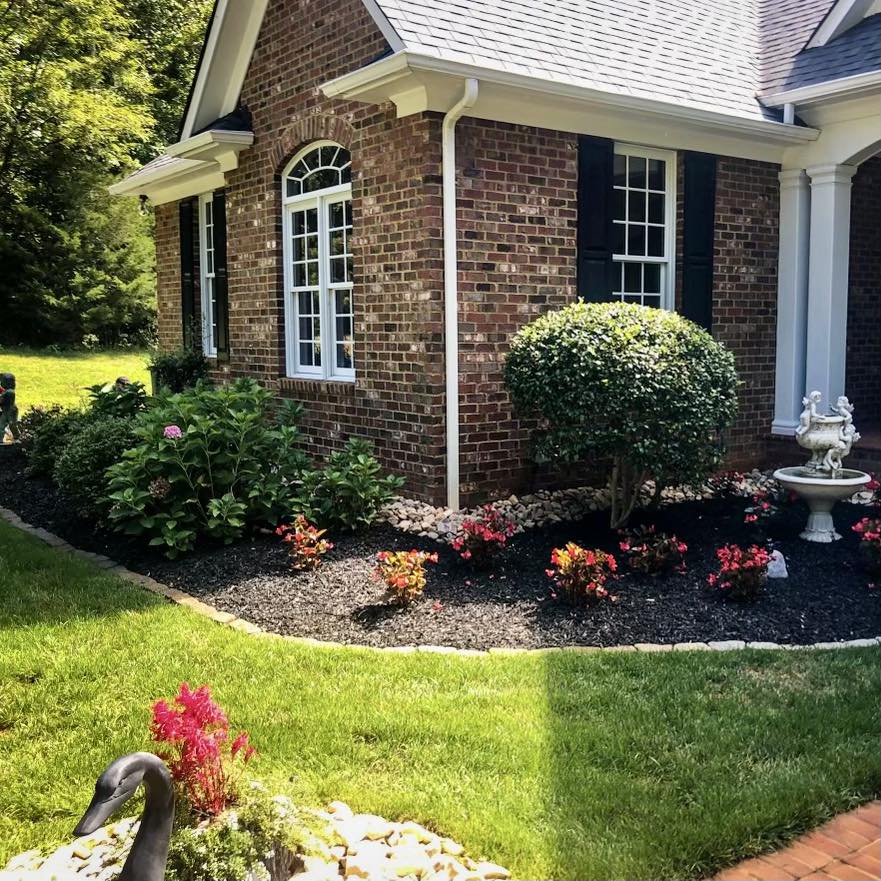Discover the Best Gardening Practices for Virginia’s Climate
Gardening in Virginia is both rewarding and unique. With its rich soil, moderate climate, and diverse plant life, Virginia is one of the best states for growing lush gardens, vibrant flowers, and thriving vegetable crops. However, successful gardening here requires an understanding of seasonal variations, soil types, and plant selections that work best for this region.
In this guide, I’ll break down why Virginia is a gardener’s paradise and share essential tips for growing a thriving garden.
Why Virginia is a Great State for Gardening
Virginia’s climate and geography make it an ideal location for growing a wide variety of plants. Here’s why:
1. Diverse Growing Zones
Virginia spans USDA Hardiness Zones 5a-8a, meaning gardeners can grow everything from cool-season vegetables to heat-loving flowers.
- Northern Virginia & the Shenandoah Valley (Zones 5a-7a) – Cooler winters, great for apples, blueberries, and cold-hardy perennials.
- Central Virginia (Zones 6a-7b) – Moderate temperatures allow for a wide variety of plants, from tomatoes to azaleas.
- Coastal Virginia (Zones 7a-8a) – Milder winters support citrus trees, figs, and year-round gardening.
2. Four Distinct Seasons
Virginia experiences spring, summer, fall, and winter, allowing for seasonal planting rotations and a variety of garden designs.
- Spring – Best for planting cool-season vegetables like lettuce, spinach, and carrots.
- Summer – A great time for heat-loving crops like tomatoes, peppers, and squash.
- Fall – Ideal for planting garlic, kale, and chrysanthemums.
- Winter – Milder areas can grow hardy greens, winter pansies, and cover crops.
3. Rich, Fertile Soil
Virginia’s soil varies by region, but many areas offer loamy, nutrient-rich soil, perfect for sustaining healthy gardens.
- Piedmont & Valley Regions – Deep, loamy soil great for vegetable and flower gardens.
- Coastal Plain – Sandy soils, ideal for root vegetables, herbs, and ornamental grasses.
- Mountain Areas – Rockier soils require amendments but support native wildflowers and fruit trees.
Pro Tip: Conduct a soil test before planting to determine pH levels and nutrient content. Need help? Check out our soil testing services.
Best Plants to Grow in Virginia
1. Vegetables
Virginia’s climate supports year-round vegetable gardening with the right planning.
🌱 Cool-Season Crops: Lettuce, Kale, Cabbage, Broccoli, Carrots, Beets
🌞 Warm-Season Crops: Tomatoes, Peppers, Squash, Sweet Potatoes, Corn
🍁 Fall Crops: Garlic, Onions, Brussels Sprouts, Radishes
2. Flowers & Ornamentals
A Virginia garden wouldn’t be complete without vibrant flowers.
🌸 Perennials: Black-Eyed Susans, Coneflowers, Daylilies, Hostas
🌿 Native Plants: Virginia Bluebells, Butterfly Weed, Asters
🌷 Annuals for Seasonal Color: Petunias, Marigolds, Zinnias
3. Fruit Trees & Shrubs
Virginia’s climate is perfect for growing fruit.
🍎 Apples – Best for cooler mountain regions
🍑 Peaches – Thrive in Central & Southern Virginia
🍓 Blueberries – Prefer acidic soils in the Piedmont & Coastal Plain
Looking for the best plant selections? Explore our planting services for expert recommendations.
Gardening Challenges in Virginia & How to Overcome Them
While Virginia is a great state for gardening, it comes with some unique challenges. Here’s how to tackle them.
1. High Humidity & Pests
- Common Issues: Fungal diseases, aphids, Japanese beetles
- Solutions: Improve airflow, use organic pest control, and plant disease-resistant varieties.
2. Variable Rainfall & Droughts
- Common Issues: Too much rain in spring, dry summers
- Solutions: Install drip irrigation, use mulch, and select drought-tolerant plants.
3. Deer & Wildlife Damage
- Common Issues: Deer, rabbits, squirrels eating plants
- Solutions: Use fencing, repellents, and deer-resistant plants like lavender and boxwood.
Related Service: Need help with garden maintenance? Check out our gardening services.
Tips for a Thriving Virginia Garden
✅ Test Your Soil – Amend with compost and organic matter as needed.
✅ Choose Native & Adapted Plants – They require less maintenance and water.
✅ Practice Crop Rotation – Prevents soil depletion and reduces pest issues.
✅ Use Mulch – Retains moisture, suppresses weeds, and regulates soil temperature.
✅ Water Smartly – Early morning watering is best to reduce evaporation.
Pro Tip: Create a pollinator-friendly garden by planting native flowers to attract bees and butterflies.
Final Thoughts
So, is Virginia a good state for gardening? Absolutely! With fertile soil, diverse growing zones, and a long growing season, it’s a gardener’s dream. By choosing native plants, optimizing soil health, and managing local challenges, you can cultivate a thriving, low-maintenance garden year-round.
Ready to take your Virginia garden to the next level? Contact Davidson Landscaping for expert guidance on planting, maintenance, and sustainable gardening solutions.
Get in Touch
📍 Serving Virginia homeowners with top-tier landscaping & gardening services





